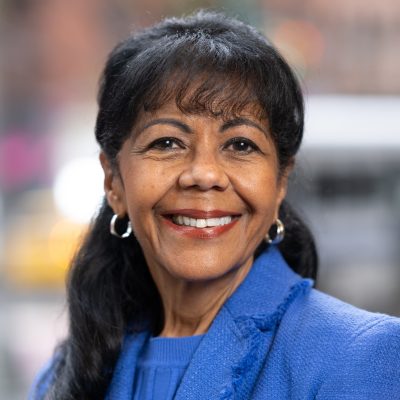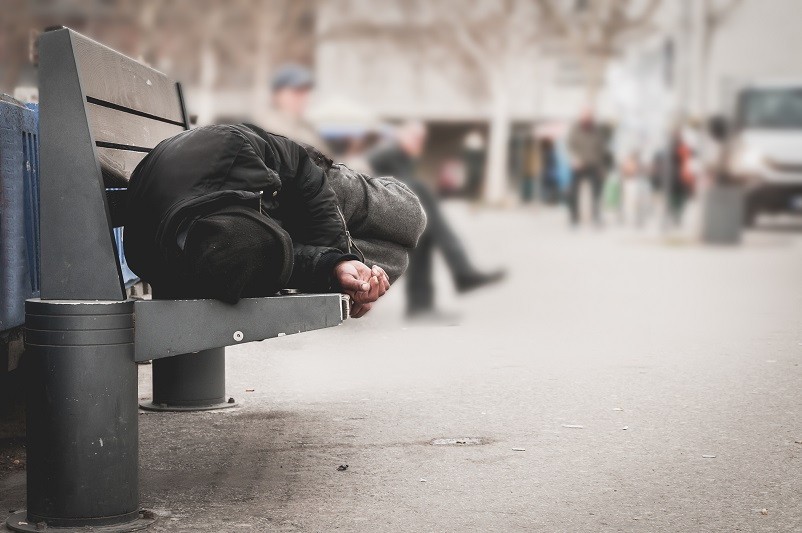More than 92,000 people experiencing homelessness live in New York City. Most long-term single adults and families who are homeless are housed, albeit erratically, in City shelters. But over 4,000 New Yorkers call the subways, sidewalks, or other public locations their home. Most people experiencing street homelessness struggle with chronic and serious mental illness and receive care through a fragmented system that includes homeless agencies, shelters, clinics, and public hospitals. As a result, many of the City’s people experiencing street homelessness cycle through expensive and ineffective stays in hospitals, jails, or shelters, never resolving or stabilizing their housing or mental health challenges.
To better serve New Yorkers experiencing homelessness and serious mental illness (SMI), experts agree that the need for better care coordination between homeless service providers and hospital-based care providers, particularly at intake and discharge, is critical. But this is easier said than done. Current government funding structures, limits in information technology to share data in real-time, a disconnect between in-patient support and community services, and inadequate staff training to offer rapid care management all hamper provision of coordinated care. Better care coordination has also been recognized as a crucial need by both New York City and the State.
Press reports and academic research documenting the challenges in serving individuals experiencing homelessness and SMI note that addressing fragmentation in the continuum of care offers the most critical and effective intervention. An independent review by the New York Times from November 2023 found a “disjointed patchwork of homeless shelters, hospitals and specialized teams” and “a widespread failure by the agencies to share information, even though the state created a detailed database expressly for that purpose.”
This philanthropic initiative aims to advance an effective model to coordinate care for New Yorkers experiencing homelessness and SMI. It will embed care coordinators in high-need public hospital emergency departments to work with street outreach teams to offer targeted clinical support, housing assistance and connections to ongoing support post-discharge. A care coordination program was piloted in the Bronx between 2018-2020, and other partners have piloted similar programs on a smaller scale. Though modest in scale, other programs have shown promising results that this initiative will build from.
Specifically, over the next three years, a consortium of foundations and donors committed to addressing this challenging issue will support care coordination partnerships among the City’s public hospital system and four highly effective homeless outreach providers (Breaking Ground, BRC, BronxWorks, and Center for Urban Community Services) to engage, stabilize, and work to house New Yorkers experiencing homelessness and SMI. In joining this initiative, funders will support a partnership between the New York City Health + Hospitals and four non-profits to improve services for mentally ill homeless that includes:
· Staffing capacity to coordinate care across both hospital and community locations;
· Up-to-date information sharing by leveraging existing databases and tracking systems across institutions;
· Training for staff on best care coordination practices and documentation;
· Connections to housing for patients leaving the hospital setting;
· Convene grantees on a quarterly basis to share progress, resolve challenges, and set goals;
· Engage New York University’s Health x Housing Lab as evaluators of the program; and
· Share progress with city and state government partners, and if results warrant, encourage funding through government sources.

